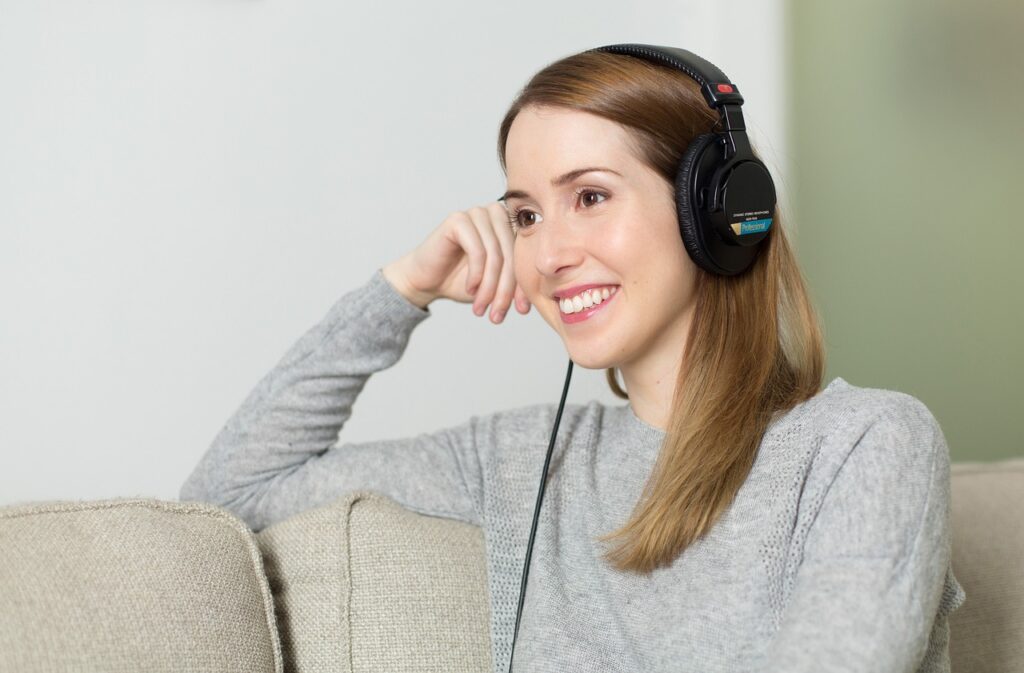
A number of studies over the years have suggested that music can help with ADHD symptoms.
Certainly, music can motivate us, create emotional responses, or help us relax depending on the type of music we’re listening to. Music affects each of us differently. For instance, you might need fast-paced rock music for motivation to clean the house, while others need the soothing sounds of gentler, ambient music while doing the same thing. Plus, you may prefer different types of music for different contexts—something with a quick beat for when you go running, but something soothing while reading.
And for studying or brain-intensive tasks, some people find certain types of music help increase their ability to focus or concentrate. Research indicates that this may also hold true for people with ADHD.
How Music Can Help With ADHD Symptoms
There are several ways that music can help with ADHD symptoms.
Increased dopamine – Research shows that pleasurable music increases dopamine levels in the brain. This neurotransmitter is responsible for regulating attention, working memory, and motivation. In individuals with ADHD, this is in short supply. Music activates neural circuits throughout the brain, helping to stimulate the production of dopamine.
Reduced emotional dysregulation – Some scientists believe that issues with the amygdala in the ADHD brain can lead to emotional dysregulation and hyperactivity. Music allows this distress to settle and thus the learning centers of the brain and executive function become more engaged
Provides a sense of structure – Because many people with ADHD have trouble keeping track of time and duration, listening to music may help them improve their performance in these areas. Music has rhythm and structure with a clear beginning, middle and end. This structure can be comforting to people with ADHD.
Improved socialization – Music, if it is shared with others, adds a social and interactive component. Making music with others can be as casual and spontaneous as playing songs at home with a family member or friend, or as structured as a school orchestra or community choir. It can promote greater feelings of connection and belonging.
Tips for Music That Helps
Below are some tips for creating your own music therapy.
- Experiment – There are many genres of music so it may require a little experimentation to discover which music works best for you to accompany specific tasks.
- Create multiple playlists – Once you have identified a piece of music that works best for you in a given context, use online music services to help create a playlist of similar music. Keep different playlists for different types of situations.
- Be aware of your environment – When you are listening to music try to minimize other distracting noises in your environment so you get the full experience.
- Get social – Making music or sharing music with others enhance the benefits you experience. If you’re not sure about this, you may want to try this as part of a more formal music therapy program.
Music can be a simple and enjoyable addition to other ADHD treatments. There is little downside to incorporating it into your daily routines.
References
- https://www.additudemag.com/music-therapy-for-adhd-how-rhythm-builds-focus/
- https://psychcentral.com/adhd/adhd-music
- https://chadd.org/attention-article/adhd-brain-balancing-music-and-mindfulness/
- https://www.healthline.com/health/adhd-music
- https://www.psychologytoday.com/us/blog/the-distracted-couple/201601/music-your-adhd-ears


